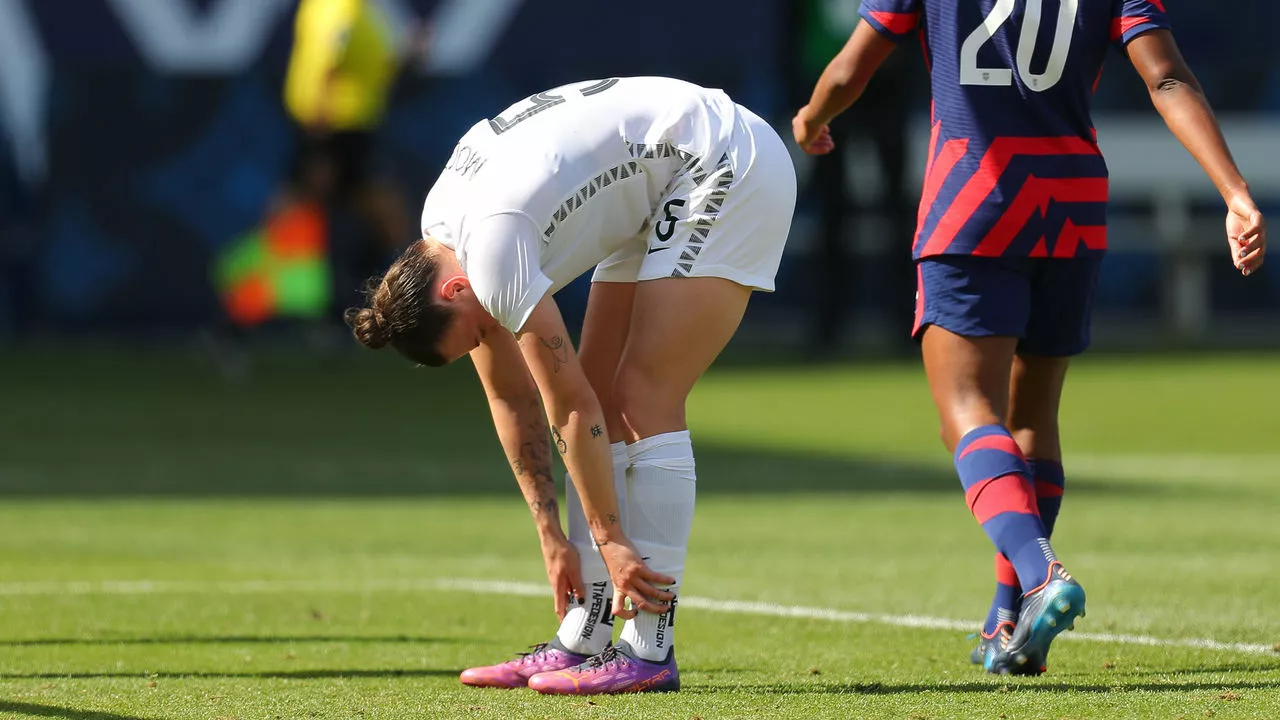What happens when one scores an own goal?

Understanding the Concept of an Own Goal
An own goal occurs when a player accidentally scores against their own team. This can happen in various sports, such as soccer, hockey, and basketball. It often results from a miscommunication between the player and their teammates, or simply from a momentary lapse of concentration. In some cases, an own goal can be the turning point of a match, leading to devastating consequences for the team that conceded it.
To better understand the impact of an own goal, let's dive into its origins and explore its role in the world of sports. We will also discuss how it affects the morale of the players and the overall outcome of a game.
The Origins of the Term "Own Goal"
The term "own goal" originated in the United Kingdom and dates back to the early 20th century. Initially, it was used to describe a goal scored by a player against their team in soccer. Over time, the phrase has been adopted by other sports, such as hockey and basketball, to describe similar situations.
Interestingly, the term "own goal" doesn't always have a negative connotation. In some circumstances, it can be considered a strategic move, such as when a player intentionally scores against their team to gain an advantage in a particular game. However, these instances are quite rare and typically frowned upon by the sporting community.
Impact of Own Goals on Player Morale
Scoring an own goal can be a demoralizing experience for a player. It can lead to feelings of guilt, embarrassment, and even anger. In some cases, an own goal can create tension within a team and cause players to lose trust in one another.
It's crucial for coaches and teammates to support the player who scored the own goal and reassure them that mistakes happen in every sport. A positive and supportive environment can help the player recover from the incident and regain their confidence on the field. Remember that even the best athletes have experienced setbacks and have learned to overcome them through perseverance and determination.
Notable Own Goals in Sports History
Own goals have made headlines throughout sports history, often changing the course of crucial games and tournaments. Some of the most famous own goals include those scored during the World Cup, Champions League, or other high-stakes soccer matches. These unfortunate events have left an indelible mark on the players involved and their teams.
For example, in the 1994 FIFA World Cup, Colombian defender Andrés Escobar accidentally scored an own goal against the United States, which contributed to Colombia's elimination from the tournament. Tragically, Escobar was murdered in his home country shortly after the incident, highlighting the extreme pressure faced by athletes who make costly mistakes on the world stage.
How Teams Can Recover from an Own Goal
Recovering from an own goal is a challenging but necessary process for a team. It requires a combination of mental strength, resilience, and unity among the players. Here are some steps teams can take to bounce back from an own goal:
1. Acknowledge the mistake and accept responsibility for it.
2. Offer support and encouragement to the player involved, reminding them that everyone makes mistakes.
3. Refocus on the game and work together to regain control of the match.
4. Use the incident as a learning experience and strive to minimize the chances of similar mistakes happening in the future.
Ultimately, the ability to recover from an own goal is a testament to the character and unity of a team. By facing adversity head-on and supporting one another, a team can turn a negative experience into an opportunity for growth and improvement.